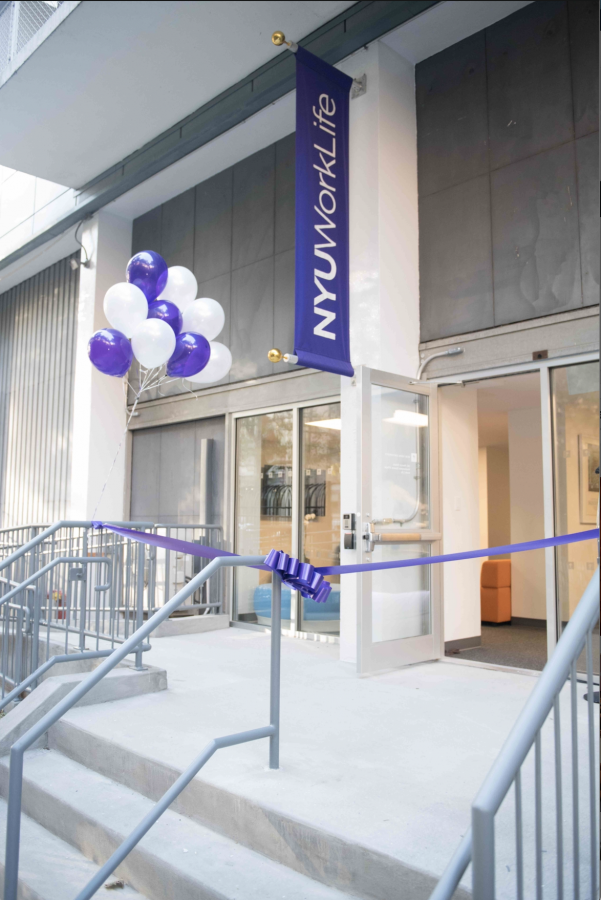Faculty members at NYU are outnumbered by students 10 to one. Managing their workloads can be overwhelming on its own, but professors with kids have even more to worry about. A new app developed by NYU IT, called Keeyo, is meant to take some weight off their shoulders by increasing access to care services within the university.
Keeyo is a care services registry that will connect students with faculty, staff and other students who are parents and seeking care services for their children. Initial features will include child care and tutoring, though elder care and even dog-walking services could be implemented in the future. The app is set to launch next year.
While NYU provides referral services when it comes to child care and schooling, Keeyo will be the university’s first caregiving app. The university currently outsources some of its referrals in caregiving through its employee assistance program, and contracts with a provider for emergency back-up care. In addition to paying for 75 percent of the first 50 hours of emergency child and adult care, NYU also offers other grants and tuition assistance programs.
According to a preliminary overview provided by NYU IT, student care providers will be able to create profiles highlighting the services they offer, including their availability, fluency in languages and academic interests. Parents will then be able to match with students they’re interested in, and a chatbot will assist with confirming services and other communication.
A key component of the app is its ability to provide services on demand, in case of emergencies and other unforeseen events. Additionally, while students won’t be reviewed for their services, they will be able to provide testimonials on their profile. Payment for services is expected to be conducted offline, though there will be suggestions in regards to appropriate wages.
A 2017 Ad Hoc Work Life Balance committee survey found that many respondents were looking for more child care solutions, according to Work Life office Executive Director Grace Cosachov Protos.
A similar sentiment emerged in the Being@NYU survey, a university-wide campus climate assessment conducted in 2017. Forty-seven percent of administrators “strongly agreed” or “agreed” that NYU provides adequate support when it comes to work-life balance. The numbers were lower for tenured and tenure-track faculty respondents — 35 percent “strongly agreed” or “agreed.”
“The need is really there,” Cosachov Protos said. “This is not going to solve all problems, this is just one piece of the puzzle and hopefully it will provide some relief to parents that are really trying to figure out this kind of caregiving [problem].”
Another motivation for launching this platform is to support President Andrew Hamilton’s affordability initiatives by providing a source of income to students. In doing so, the app can provide practical, hands-on experience for students studying childhood education and development.
Gallatin sophomore Eliana Abrams currently has three babysitting jobs around the city, but would appreciate the on-demand aspect of Keeyo.
“I would definitely want to use a system that could allow me to easily get babysitting jobs, spur-of-the-moment, as with like an Uber or Wag!,” Abrams said, referring to the popular ride-sharing and dog-walking apps.
When asked what would draw students to use Keeyo over other babysitting platforms, Cosachov Protos said that she expects people to feel more comfortable using a service that is only available to the NYU community.
Tisch first-year Holly Nance, who regularly babysits on the weekends, agrees with this theory. She added that while she found her current babysitting gig online, she was uncomfortable with the idea of entering a complete stranger’s home.
“As a potential babysitter, I would feel safer and more secure knowing that I was going to the home of someone that is connected to the NYU community,” Nance said.
A version of this article appeared in the Monday, March 11, 2019, print edition. Email Akiva Thalheim at [email protected].

























































































































































